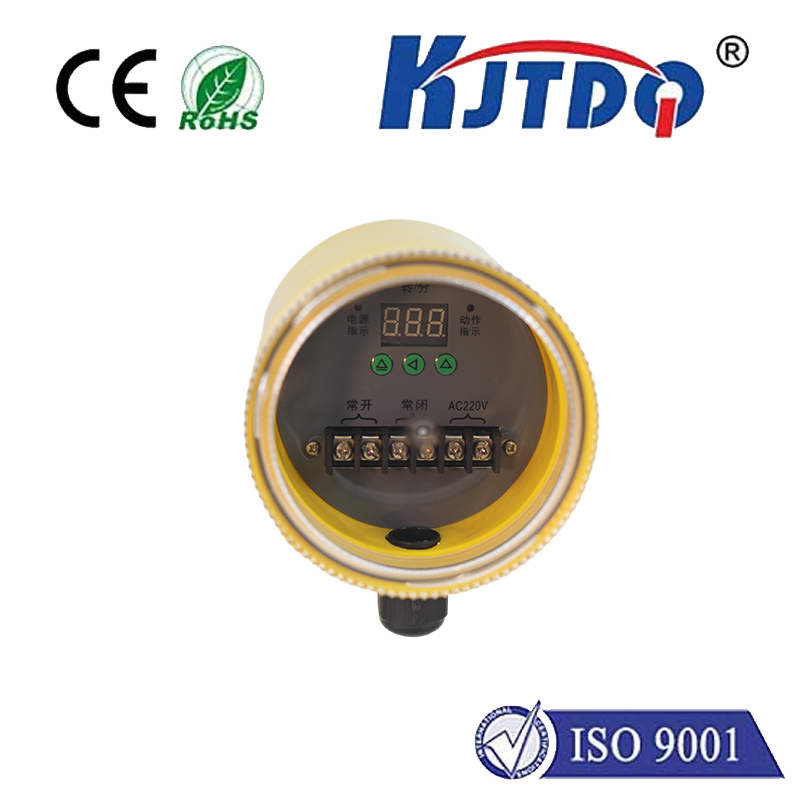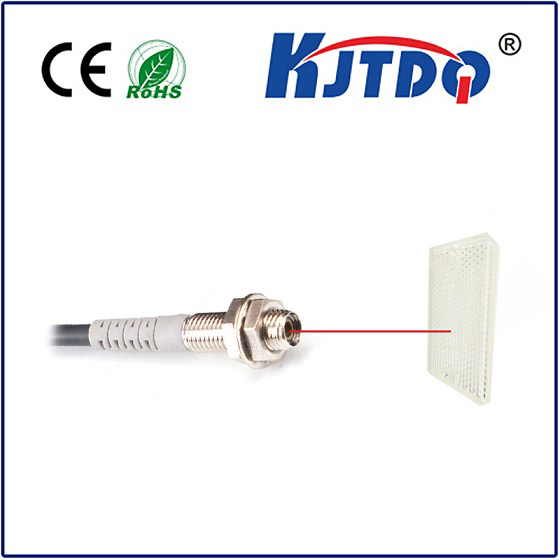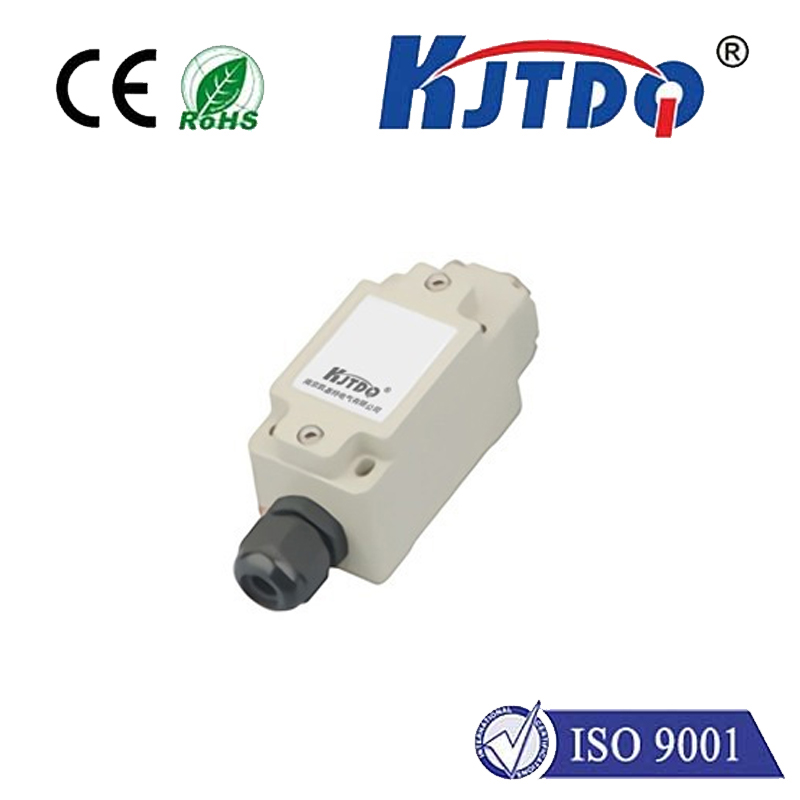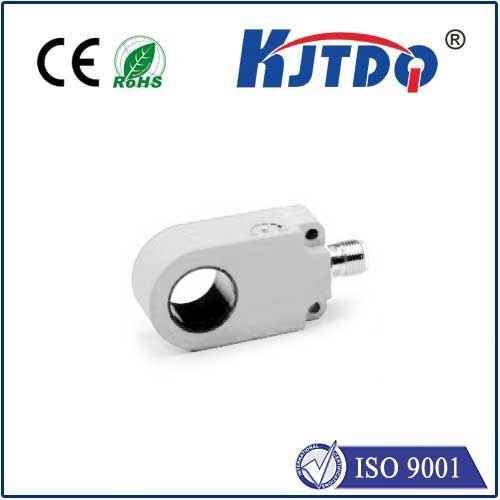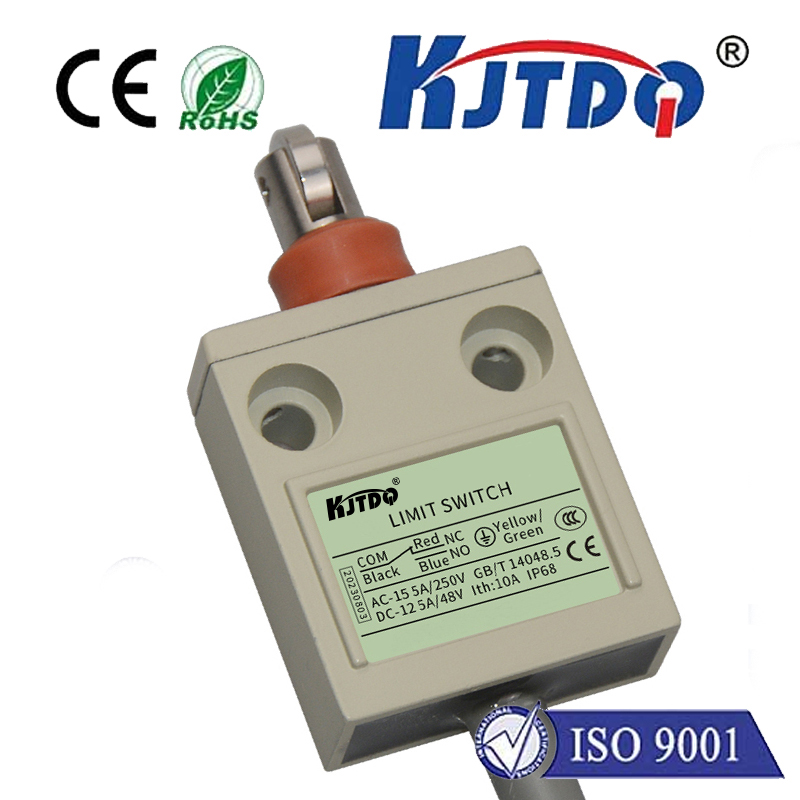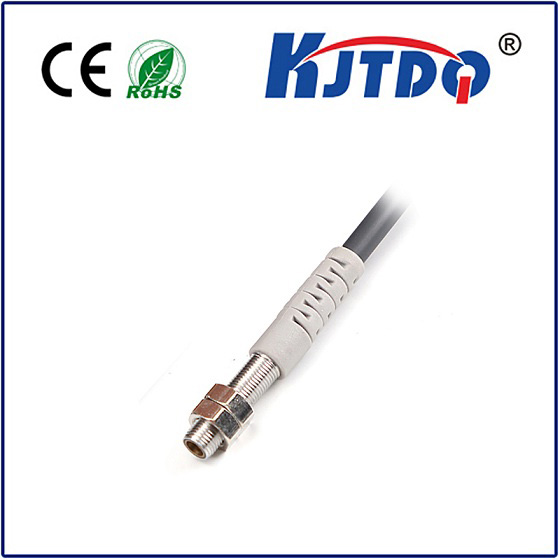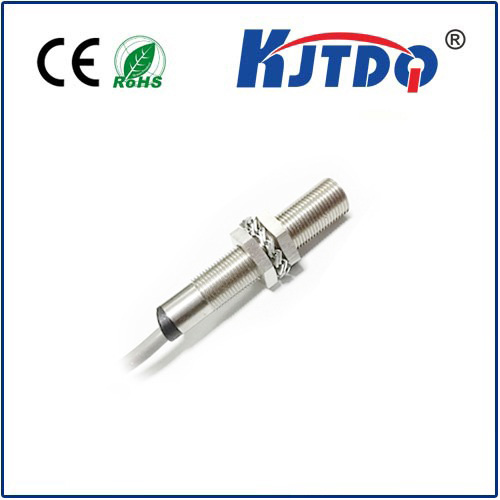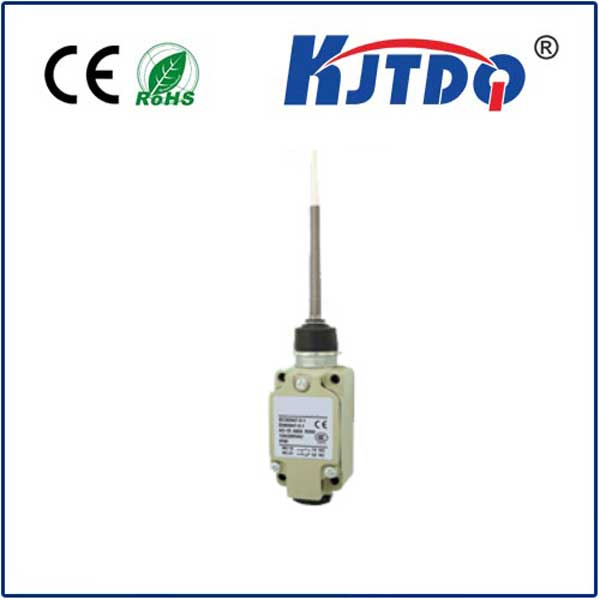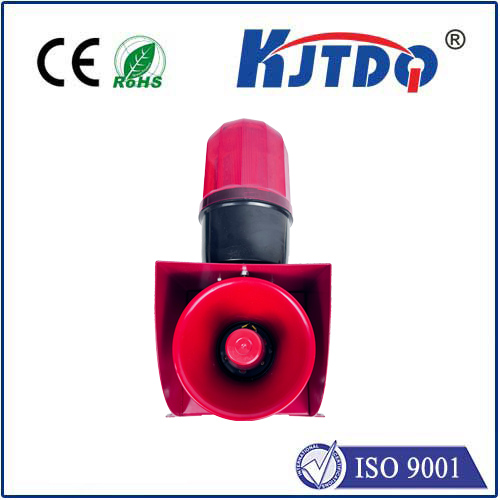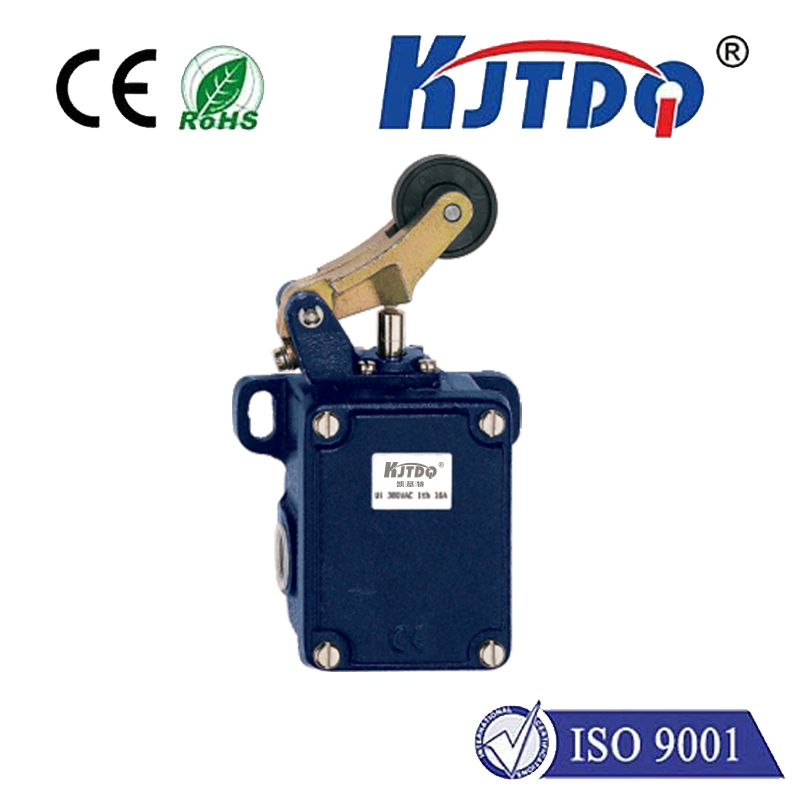
check

check

check

check

High Precision Temperature Measurement: A Crucial Tool for Modern Science and Industry In today’s fast-paced world, precision is key in nearly every aspect of science, engineering, and industry. One such area where precision plays a critical role is temperature measurement. High precision temperature measurement is not just a technical requirement; it is a fundamental aspect that ensures the accuracy, reliability, and efficiency of various processes and systems. The Importance of Accurate Temperature Measurement Temperature is a fundamental physical quantity that affects numerous properties and reactions. From the manufacturing sector to scientific research, accurate temperature measurement is essential to ensure the quality and reliability of products and experiments. Even a slight deviation in temperature can lead to significant errors, resulting in failed experiments or defective products. For instance, in the semiconductor industry, even a fraction of a degree difference in temperature can impact the electrical properties of devices, leading to malfunctions or reduced performance. In medical applications, precise temperature monitoring is crucial for patient safety, as variations can affect the efficacy of treatments or the preservation of sensitive biological materials. Advances in High Precision Temperature Measurement Over the years, technological advancements have greatly enhanced our ability to measure temperature with high precision. Digital thermometers, infrared thermography, and resistance temperature detectors (RTDs) are some of the tools that have revolutionized temperature measurement. Digital thermometers offer unparalleled precision and ease of use compared to traditional mercury thermometers. They can measure temperature within a fraction of a degree and provide instant readings on digital displays. Infrared thermography allows for non-contact temperature measurements over a surface area, making it ideal for applications where direct contact is either impossible or impractical. Resistance temperature detectors, on the other hand, utilize the relationship between temperature and electrical resistance to measure temperature changes accurately. RTDs are highly stable and provide precise measurements over a wide temperature range, making them suitable for both industrial and scientific applications. Challenges and Considerations in High Precision Temperature Measurement Despite the advancements, achieving high precision temperature measurement is not without its challenges. One of the primary concerns is ensuring that the measuring instrument is properly calibrated and maintained. Calibration ensures that the instrument provides accurate readings, while regular maintenance minimizes wear and tear that could affect its precision. Another challenge is selecting the appropriate type of temperature sensor for a given application. Different sensors have varying levels of accuracy, response times, and environmental suitability. For example, RTDs are highly accurate but may not be suitable for high-temperature applications where thermocouples might be more appropriate. It is essential to choose the right sensor based on the specific requirements of the task at hand. Additionally, environmental factors such as humidity, pressure, and electromagnetic interference can also impact the accuracy of temperature measurements. Engineers and scientists must take these factors into account and implement appropriate compensation techniques to ensure reliable results. Conclusion High precision temperature measurement is a critical tool in modern science and industry, enabling accurate and reliable data collection across various applications. With advances in technology, we now have access to sophisticated instruments that make achieving high precision more feasible than ever before. However, it is essential to understand the challenges associated with high precision temperature measurement and implement best practices to overcome them. As we continue to push the boundaries of what is possible, high precision temperature measurement will remain an indispensable component of scientific research and industrial processes.
